Courses
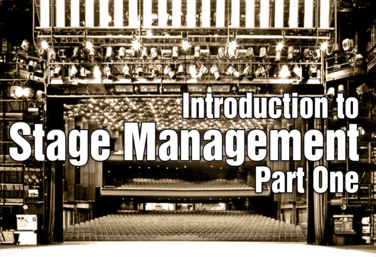
Introduction to Stage Management Part One
by Karen Loftus

The Do-it-All Director's Introduction to Set Design
by Holly Beardsley

Every Day You Deserve a Round of Applause: Self-Compassion and Care for You as a Theatre Educator
by Gai Jones
Units

What is Theatre?
by Karen Loftus
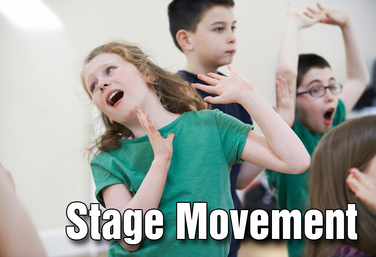
Stage Movement
by Karen Loftus
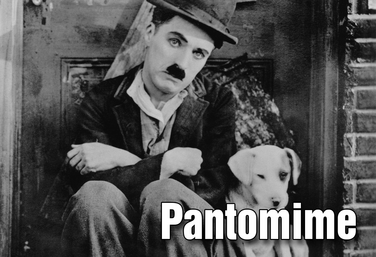
Pantomime
by Karen Loftus

Voice
by Karen Loftus
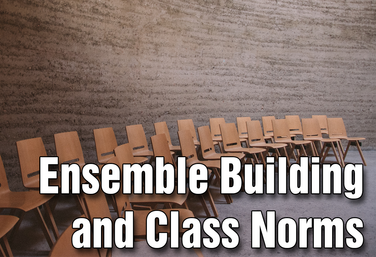
Unit One: Ensemble Building and Class Norms
by Lindsay Johnson
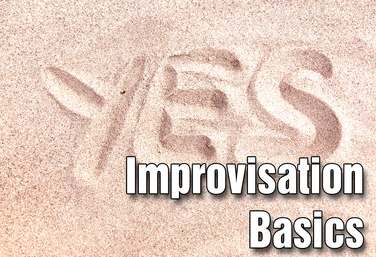
Unit Two: Improvisation Basics
by Lindsay Johnson
Resources
Improv Warm Up Games
Last Minute Sub Solutions
Monologue Packet
New Drama Teacher Toolkit
00 - Scenes for Classroom Study eBook
Emergency Lesson Plans eBook
PLCs
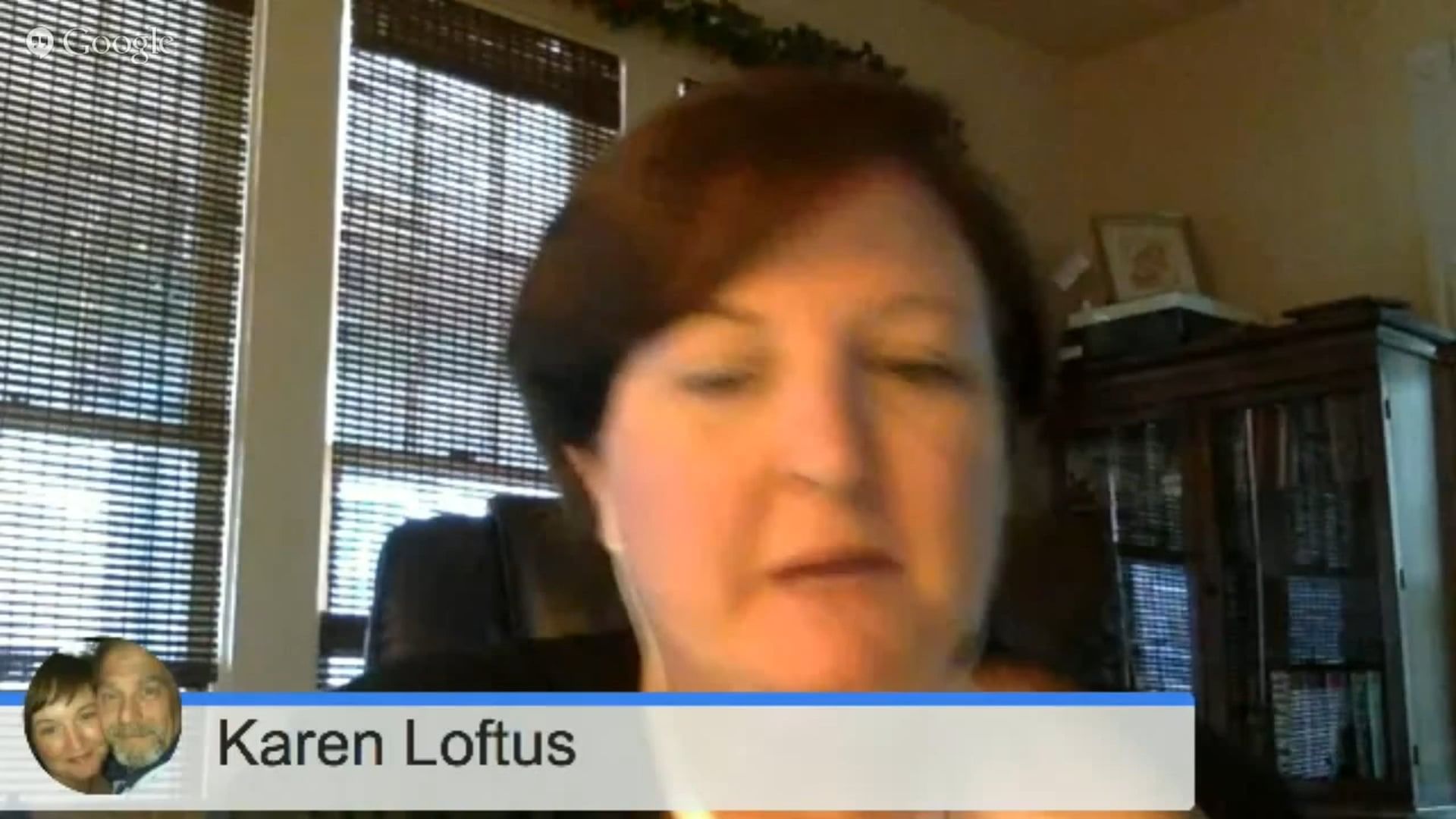
School Startup - Session One
Hosted by Karen Loftus, Matt Webster, and Jennine Profeta

Setting up your classroom for the year
Hosted by Matt Webster, Lindsay Price, Lea Marshall, Maria Smith

Theatre History
Hosted by Matt Webster, Lindsay Price, Lea Marshall, Wendy-Marie Martin

Monologues
Hosted by Matt Webster, Lindsay Price, Matt Banaszynski, Gai Jones

Late Rehearsal Techniques
Hosted by Matt Webster, Lindsay Price, Jeremy Bishop, Lea Marshall

AI in the Drama Classroom
Hosted by Matt Webster, Lindsay Price, Jessica McGettrick, Elizabeth Holbrook